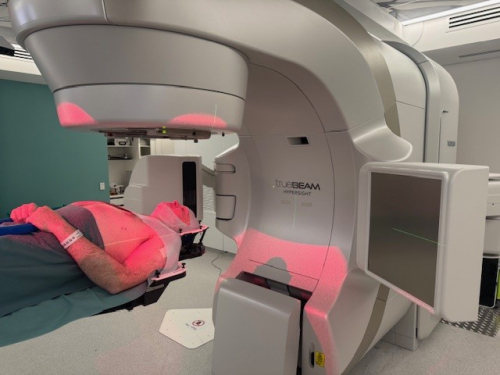Why fatigue and driving are a deadly combination

This holiday season, sleep experts at The Alfred are urging people to stay safe behind the wheel and arrive at their destination unharmed.
Matthew Naughton, Head of General Respiratory and Sleep Medicine at The Alfred, said at this end of the year most people have accumulated a sleep debt and that - combined with alcohol, stress and further sleep deprivation from the party season - can be a disaster for drivers.
“You can’t fight sleep,” Professor Naughton said.
“If you’re behind the wheel and your eyes start drooping, your head starts nodding, you are just minutes away from falling asleep and losing control of your car.
“As soon as you notice those warning signs, you need to stop and take a break. Have a power nap or get out and walk around, you can’t just keep going.”
For those planning long trips over the summer break, Professor Naughton suggests scheduling breaks every two hours and keeping hydrated.
“The most important thing is getting a good night sleep the night before a long journey,” he said.
“That means at least seven hours of uninterrupted sleep. Don’t try and rush to get there the night before, it’s not worth the risk.”
Professor Naughton said it only took seconds for drivers to lose control and veer off the road.
“When it comes to fatigue, there really is no other solution than sleep. If you try to fight it, the consequences can be disastrous.”
The average adult needs between seven and nine hours of uninterrupted sleep each night. Signs of fatigue include:
- Increased appetite, especially for high-carbohydrate, high-sugar energy foods
- Loss of concentration
- Decreased decision-making ability
- Moodiness and irritability
- Slowed reflexes
“The best present you can give your family this Christmas is to be there, so get some rest before you get behind the wheel,” Professor Naughton said.
Professor Naughton's tips to arrive safe
- Get a solid sleep (at least 7 hours) the night before a long trip
- Take breaks every two hours
- If you feel your head nodding or eyes closing, pull over
- Don't drink and drive: alcohol exacerbates fatigue
- Don't start a long trip at the end of the day when you're already tired


